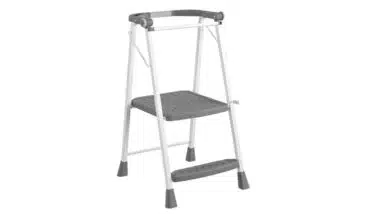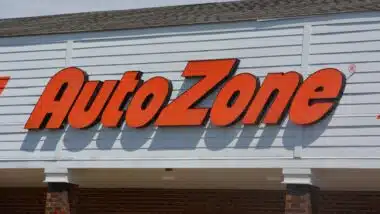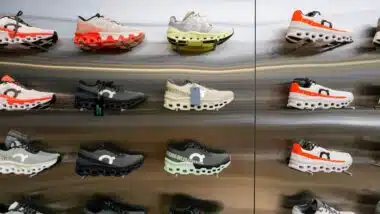
A growing number of heart surgery patients are reporting serious infections, allegedly due to contaminated heater-cooler devices used during surgery. These infections can be serious and even life-threatening.
Heater-cooler devices are used during heart surgeries to regulate a patient’s blood and organ temperature, warming and cooling it as needed.
It’s not just patients that are worried about the risk of infection. The Center for Disease Control has released a warning to consumers about these dangers, noting that during the manufacturing process, some devices became contaminated.
The CDC warned that patients undergoing heart surgery may be at risk from serious infections, most notably nontuberculous mycobacteria (NTM), from certain heater-cooler systems.
The CDC has also said that the “overall risk of [mycobaceria] infection is low relative to other complications following surgery,” affecting between one in 100 and one in 1,000 patients. Though it is a rare occurrence, infection from contaminated heater-cooler devices is a danger that can become fatal.
The Stöckert 3T Heater-Cooler, a device manufactured by LivaNova PLC, has been specifically implicated in the CDC’s warnings. Inspections at this device’s manufacturing facility in Germany have revealed the presence of mycobacteria.
Devices Could Be Source of NTM Infections
An NTM infection comes with several possible symptoms, including night sweats, aching muscles, joint pain, weight loss, fatigue, and fever. Symptoms of an NTM infection may remain dormant for quite some time instead of appearing right away, and they may take months to surface after the initial infection.
This extended amount of time between infection and when a patient starts exhibiting symptoms often means that patients have no idea what caused the problem in the first place, leading to a delayed diagnosis for months or even years.
Fortunately, NTM is not a contagious disease, and can’t spread from person to person. However, it is a serious and life-threatening illness and in some cases, patients may have to go through over a year of recovery.
Both the CDC and the U.S. Food and Drug Administration have published alerts about the dangers of contaminated heater-cooler device systems. The FDA has provided hospitals with instructions on how to deal with the risk of infection posed by these devices.
Litigation over Contaminated Heater-Cooler Devices
A LivaNova class action lawsuit over contaminated heater-cooler devices was filed in February 2016 in Pennsylvania. The patients involved in that action had undergone open heart surgeries in 2015 and since experienced dangerous infection symptoms.
If you or someone you love has suffered from a NTM infection after undergoing heart surgery with the use of a heater-cooler device and believe that contaminated heater-cooler devices may have been the cause, you may have grounds for taking legal action. A consultation with a knowledgeable attorney can apprise you of all your legal options.
Do YOU have a legal claim? Fill out the form on this page now for a free, immediate, and confidential case evaluation. The hip implant attorneys who work with Top Class Actions will contact you if you qualify to let you know if an individual lawsuit or class action lawsuit is best for you. [In general, metal hip implant lawsuits are filed individually by each plaintiff and are not class actions.] Hurry — statutes of limitations may apply.
ATTORNEY ADVERTISING
Top Class Actions is a Proud Member of the American Bar Association
LEGAL INFORMATION IS NOT LEGAL ADVICE
Top Class Actions Legal Statement
©2008 – 2025 Top Class Actions® LLC
Various Trademarks held by their respective owners
This website is not intended for viewing or usage by European Union citizens.
Get Help – It’s Free
Join a Free Cardiac Heater-Cooler System Class Action Lawsuit Investigation
An attorney will contact you if you qualify to discuss the details of your potential case at no charge to you.
Please Note: If you want to participate in this investigation, it is imperative that you reply to the law firm if they call or email you. Failing to do so may result in you not getting signed up as a client, if you qualify, or getting you dropped as a client.
Email any problems with this form to [email protected].
Oops! We could not locate your form.












